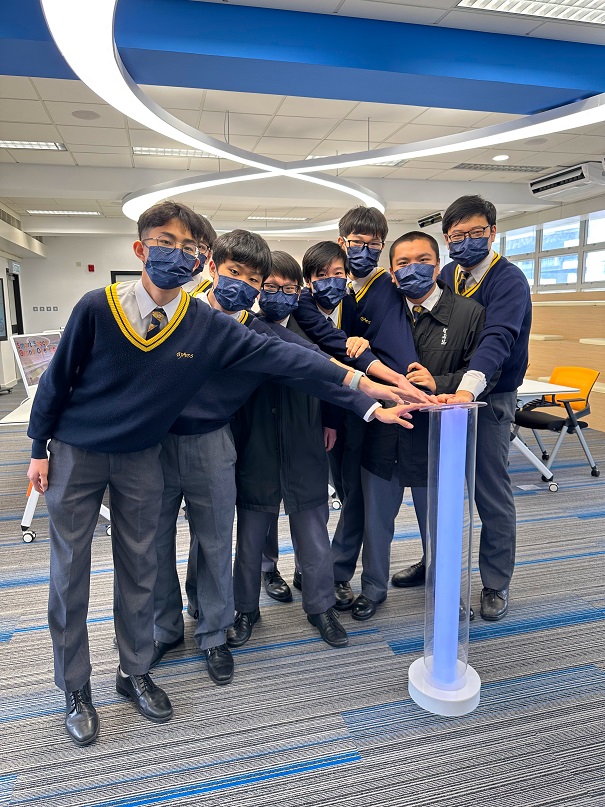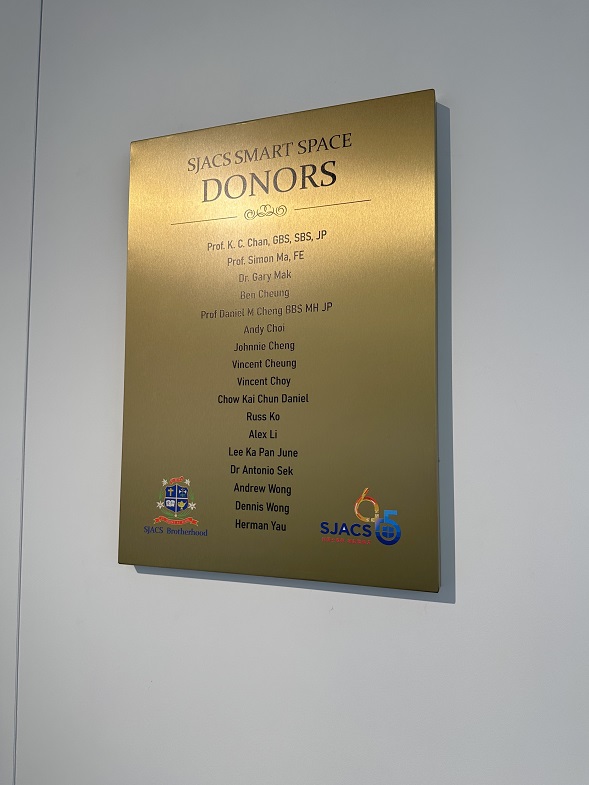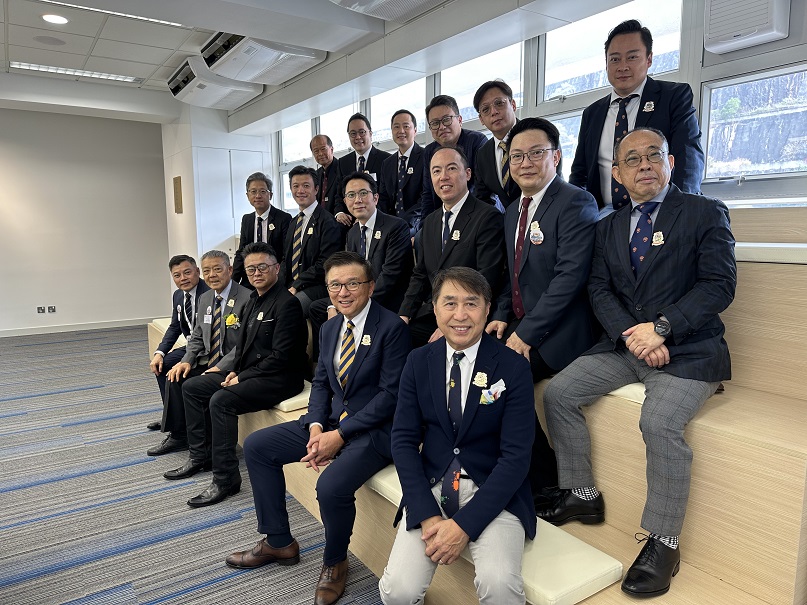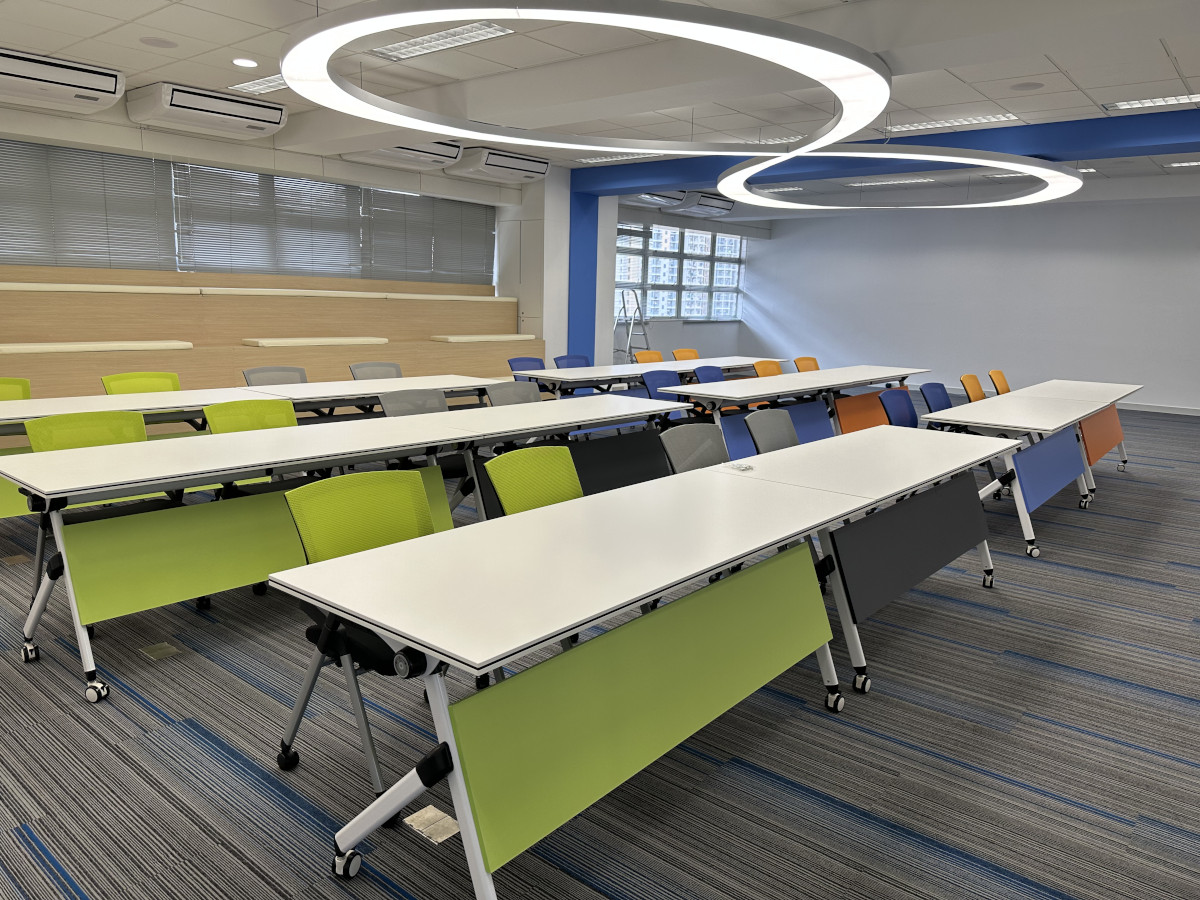1 / 9

Smart Space
2 / 9

Smart Space
3 / 9

Smart Space
4 / 9

Smart Space
5 / 9

Smart Space
6 / 9

Smart Space
7 / 9

Smart Space
8 / 9

Smart Space
9 / 9

Smart Space
❮ ❯
Smart Space
- A Next-gen Learning Space
- A Smart Living Lab
- A Maker Space
Technology Education (F.1 – F.3)
After completion of the course, students should be able to:
- understand common computing terminology;
- understand the basic principles of operation for computer systems;
- acquire fundamental knowledge about computer applications;
- make use of common application software packages to carry out simple tasks;
- understand basic features of a programming language;
- write simple computer programs;
- be aware of social issues related to computer applications;
- appreciate the advancement brought about by the widespread use of computers in society.
Information & Communication Technology(F.4 – F.6)
The senior secondary ICT curriculum aims to
- provide students with a body of essential knowledge, concepts and applications of information, communication and computer systems;
- equip students with problem-solving and communication skills, and encourage them to think critically and creatively;
- develop students into competent, effective, discriminating, ethical and confident users of ICT, so as to support their lifelong learning; and
- provide students with opportunities to appreciate the impact of ICT on our knowledge-based society, so as to nurture in them positive values and attitudes towards this area.
學科資訊
One-stop Portal for Learning & Teaching Resources (Technology Education)










